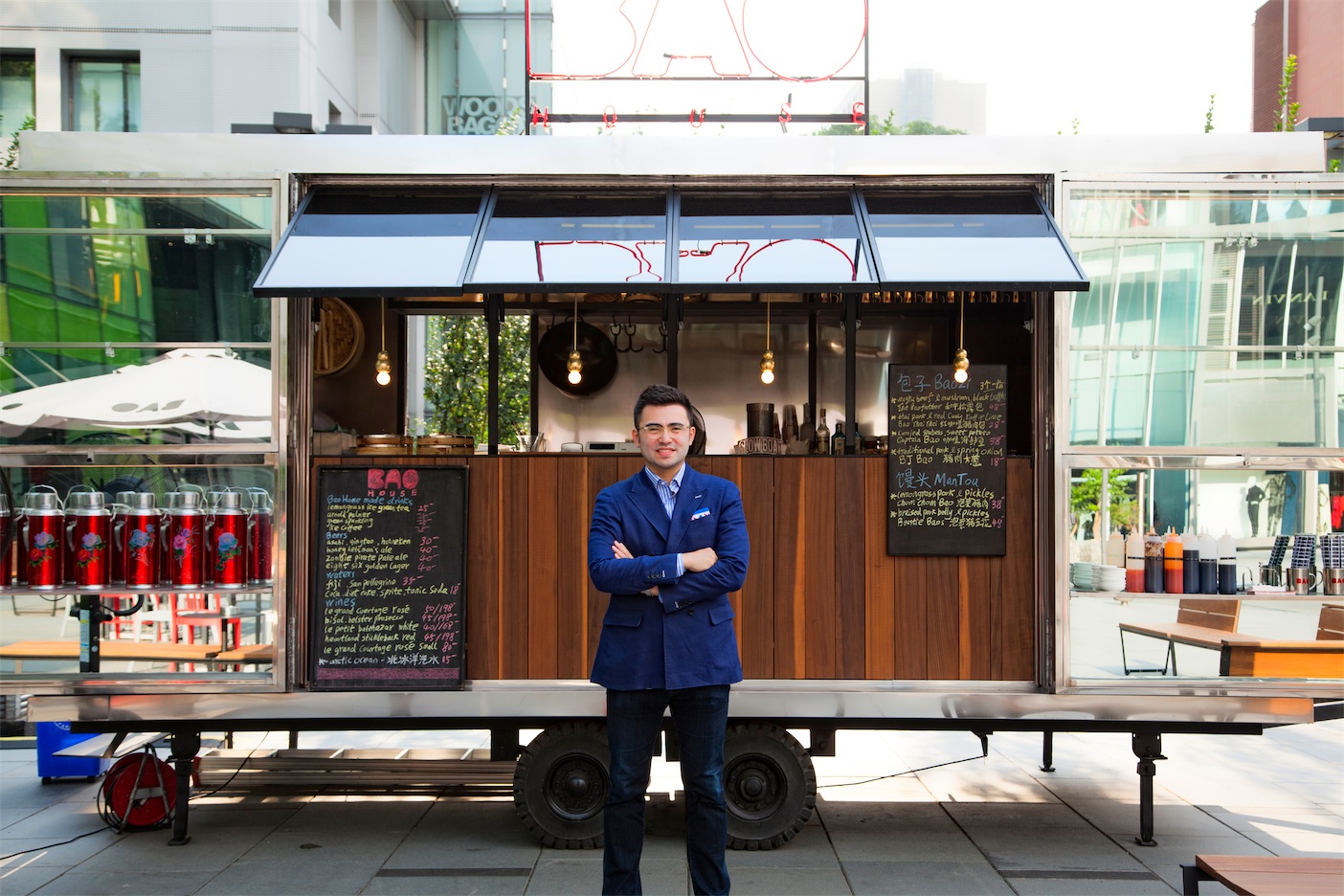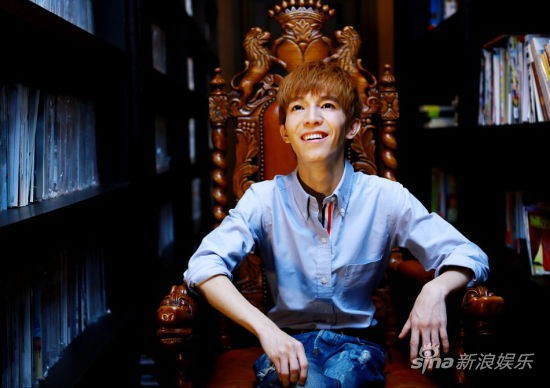For six years, John Garnaut was Fairfax Media’s China correspondent, writing for publications such as The Age, the Sydney Morning Herald and Foreign Policy. The son of Ross Garnaut, Australia’s ambassador to China (1985–88), John spent several years in Beijing before returning to China nearly 20 years later. We caught up with 'The Rise and Fall of the House of Bo' author to ask his impressions on his return Down Under.
On growing up in China…
The smell of cooking oil and coal stoves. I do have a rather vivid memory of a family holiday in Xinjiang - 1986, in Turpan, with my schoolmate, Vallejo Gantner. I remember this crazy grey-rock desert; hot as hell and 55 degrees in the day.
For some reason I was climbing a tree when I realized some bastard had stolen my camera. I jumped down, chased this guy as far as I could, and spent the three-day train ride back to Beijing with a massive temperature and heat exhaustion. Despite all that, I really loved Xinjiang, and still do.
On being an ‘embassy brat…’
I was pretty small, 12 and 13, and not much interested in the various dignitaries, although Dad likes to remind me that, when Soviet Foreign Minister Eduard Shevardnadze came for tea, I hid behind his chair, hoping to hear news of my hero at the time, Mikhail Gorbachev. Dad kicked me out before they got to the good stuff.
On returning to China in 2007…
People were still listening to Cui Jian, which was very cool. And it was still an incredibly hierarchical society, which I wish it wasn’t.
On family connections…
Was there an ambassadorial Rolodex waiting for me? Well, no. But I think it helped a great deal in one important respect - my old man had a deep, genuine interest in economic development and in racial equality and he had these long, perhaps extraordinary, conversations with courageous and open-minded leaders like Hu Yaobang, Hu Quli, Li Ruihuan and Zhao Ziyang (who my old man rates as having the biggest brain he’s ever encountered).
I knew, therefore, that these types of people must be in the system, somewhere, even if they were keeping a lower profile and not running the country like they were in the 80s. Once or twice, if I was lucky enough to encounter one of their children, it helped keep a conversation going - without the family connection, it would have taken a lot more time to earn their trust and find a way to connect.
On credibility and whether to trust anonymous sources…
I think that particular problem – of being sold rubbish – applies more to non-resident foreign scholars, investment bankers and officials than resident journalists… That said, it is a very fair question. Readers typically have no way of assessing the credibility of anonymously sourced material. But I can say that sifting bullshit is our stock-in-trade, and some do it better than others.
So let me explain how I approach the problem. I try to prove myself to be as credible as possible, over a long period of time, so that I earn the trust of readers. I’ll never totally succeed but I can improve my credibility by (a) not being wrong and (b) using enough on-record sources from time to time to show that I am speaking with the kinds of people who might have insight into such questions. If you reckon I’ve got something wrong – please tell me!
On having a bond with China…
There’s nothing particularly Chinese about me, I don’t think, but I do feel a huge amount of empathy and solidarity for the society and some wonderful individuals in it - particularly some lawyers, journalists and historians, and a whole bunch of wonderful, ordinary people battling for a little more dignity, who I’ve come across in the countryside.
On Bo Xilai and ‘leftism…’
There has been more ‘leftist’ talk coming from the top this year than any previous time I’ve been in China, although that hasn’t necessarily manifested in policy.
On the new Politburo…
I’ll reserve judgment until I can assess the courage with which they tackle the obviously urgent and far-reaching economic reforms that are needed, starting from now. Allowing slower growth is a good start.
If they hold their nerve, substantially normalize factor prices, deregulate a bunch of sectors, and leave the economy in far healthier shape by the 19th Party Congress, then that opens up a whole set of new possibilities, because it means many of the largest, most obese vested-interests will have lost much of their financial and administrative clout… The boundaries between state and society will, to some extent, have to be redrawn.
On predictions for China 2023…
1) China will win the Asian soccer champs. 2) Steel production will be less than it will be this year. 3) China will be a far more democratic place – or a great, big, terrifying mess! 4) [Bearish economist] Michael Pettis will still be waiting for several years of three percent growth.






















0 User Comments